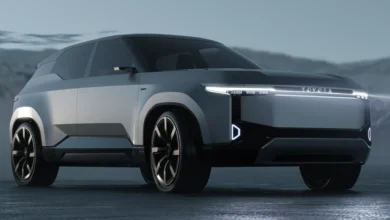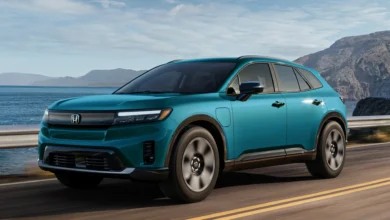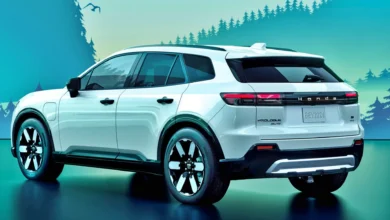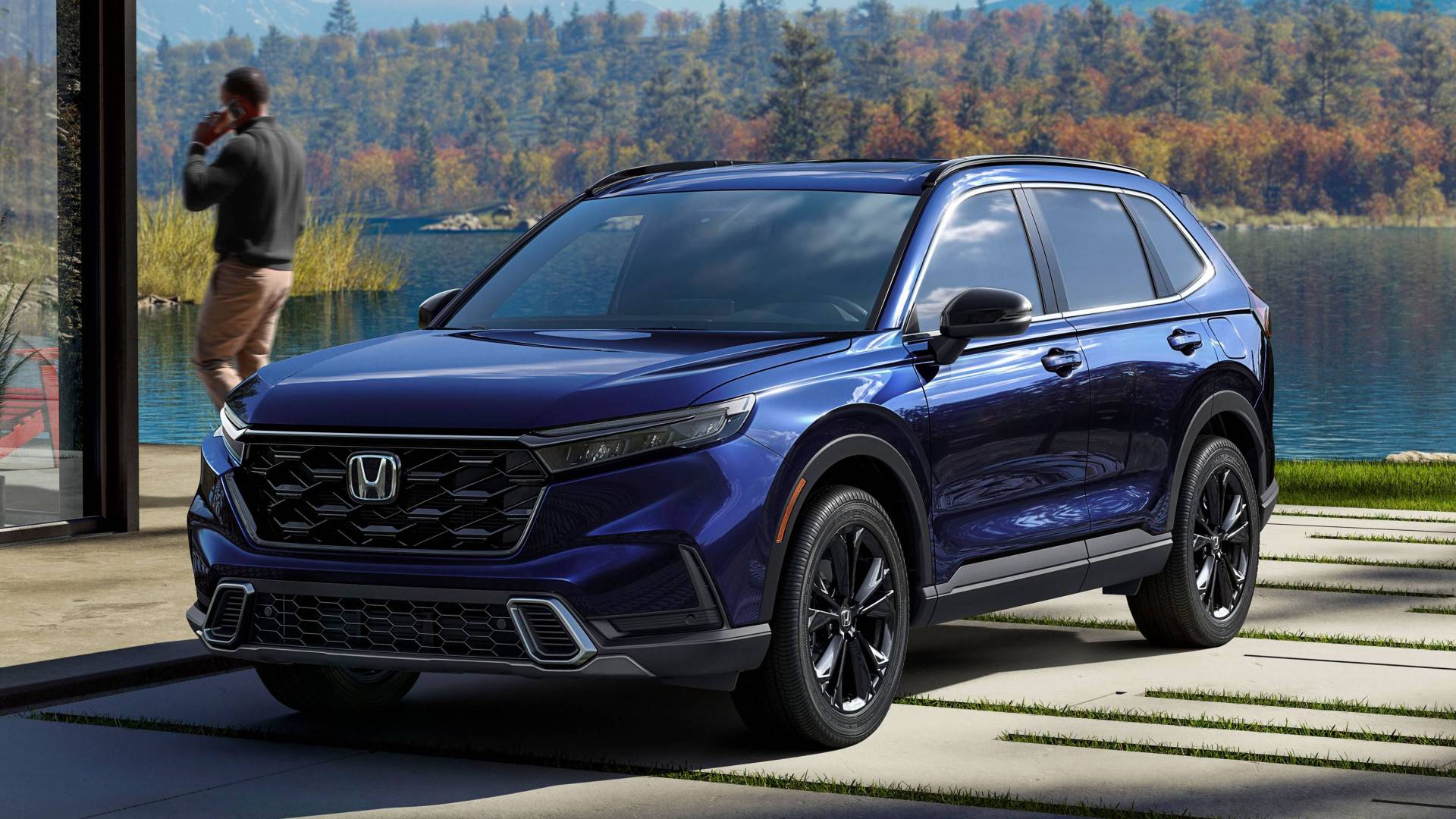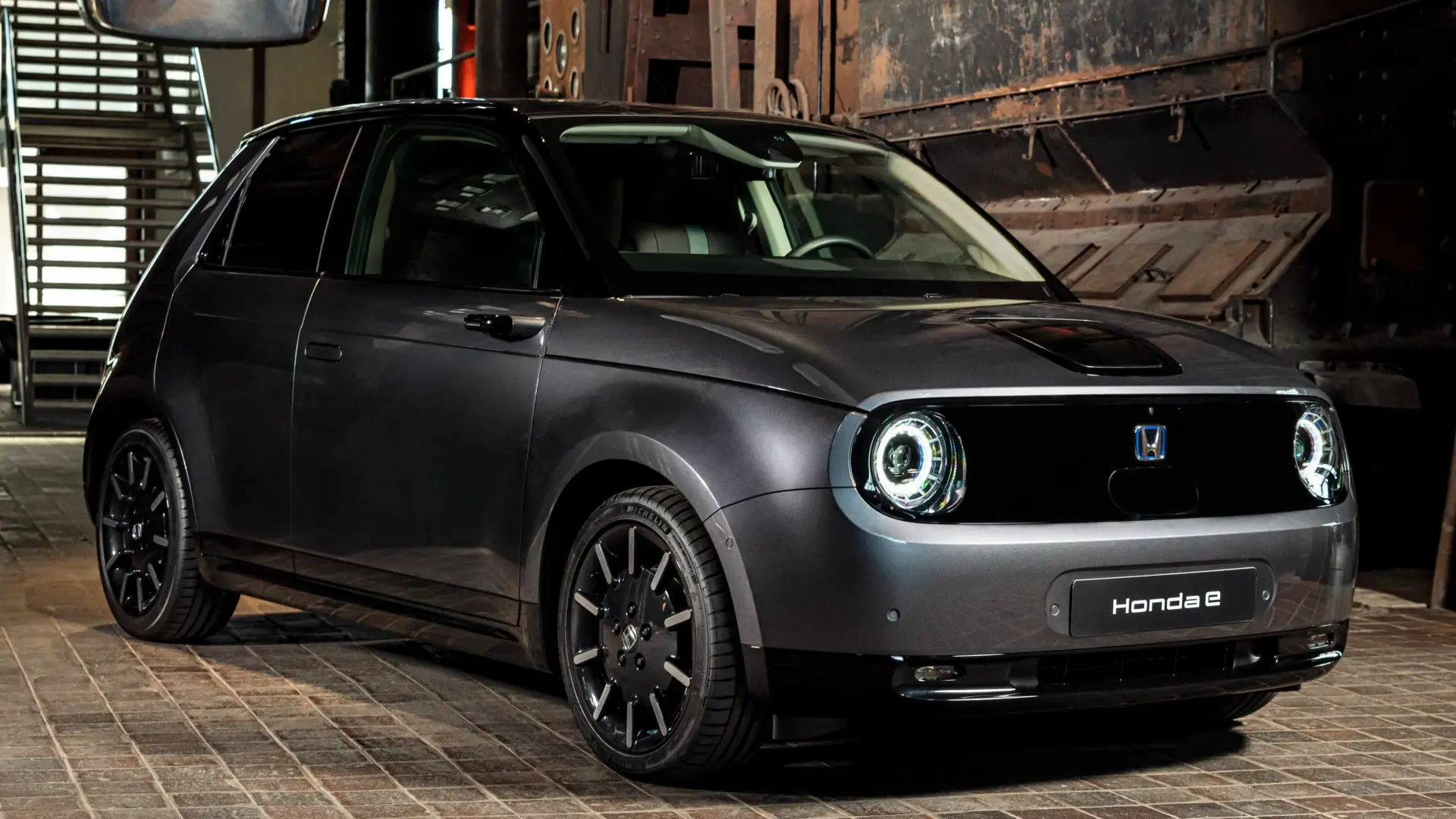
Last year, the Japanese manufacturer Honda decided that the commitment to hydrogen was enough, and decided to join the trend of battery-powered electric cars. At the moment they are only plans, but among them is the development of affordable models thanks to solid electrolyte batteries.
This has been indicated by the Executive Director of Honda, Toshihiro Mibe, who in an interview with the Bloomberg news agency has indicated that batteries with solid electrolytes will help make electric cars more affordable.
“ The business of electric vehicles depends a lot on the prices of batteries. By further developing our technology, we will try to control these costs,” says Mibe.
Honda’s goal is that by 2030 it will sell about 2 million electric cars per year; that is, 40% of its global volume, for which Honda has partnered with giants such as Sony and General Motors.
To achieve this, as well as pave the way for the challenge of emissions neutrality by 2050, the company plans to bring up to 30 new electric cars to market around the world in the next seven years. In addition, starting in 2027, in cooperation with General Motors, a series of affordable all-electric vehicles based on a common platform will come onto the market.
In the field of batteries, in the short term, it will turn to partners such as CATL in China or Envision AESC in Japan. But it will be from 2025 when they expect the situation to change from batteries with liquid electrolytes to solid ones.
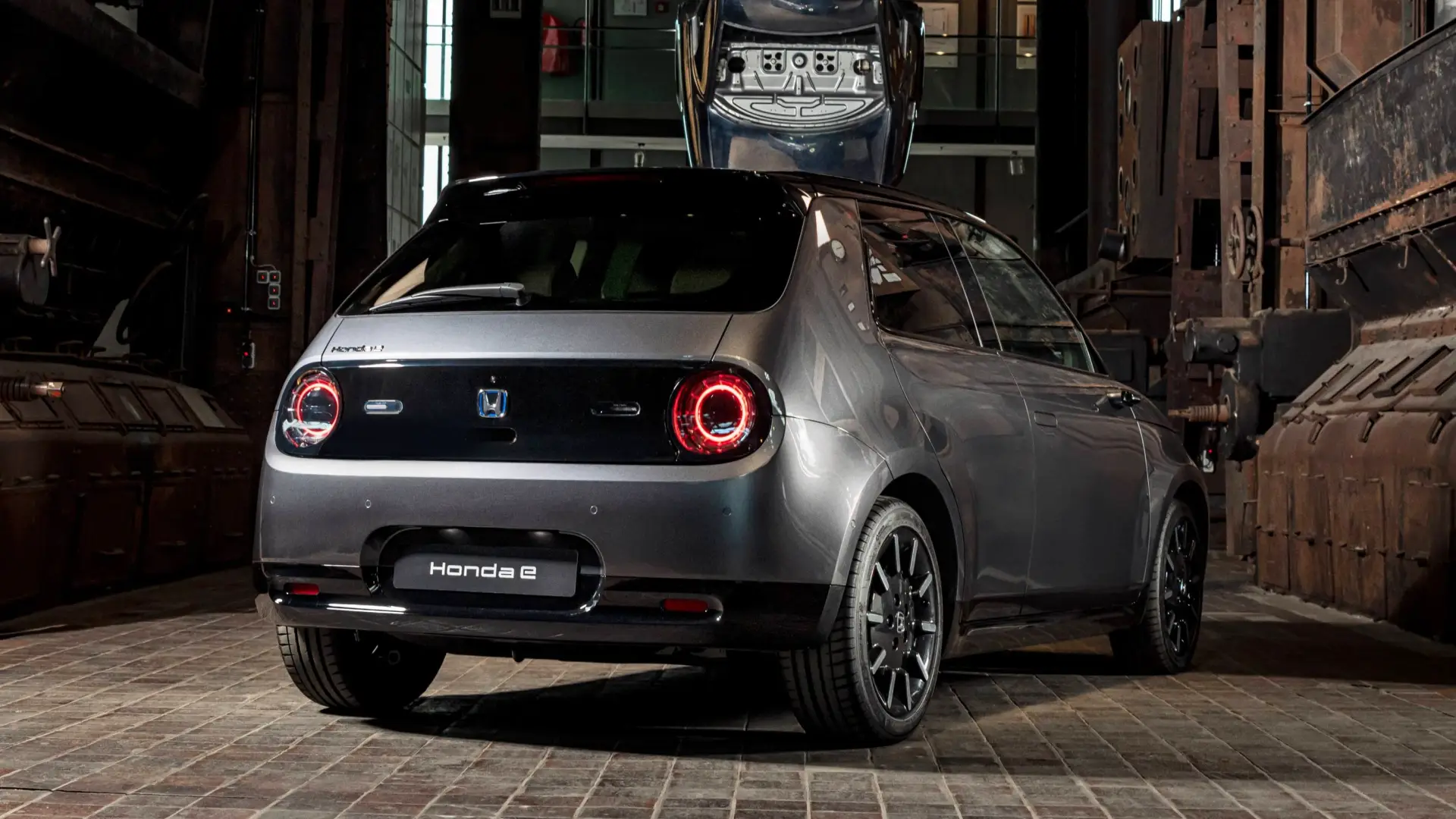
In 2024, Honda will launch a pilot project that will allow them to validate the performance and suitability of this type of cells, which would be in charge of feeding the models that they will develop jointly with General Motors, and whose objective is to offer an alternative within the segment. volume and more contained prices.
The main problem for Honda is both the deadlines, and it is that the industrial development of the solid electrolyte is not guaranteed for 2025 or 2026, as well as its cost. And it is that this is where the Japanese brand is gambling, betting on a technology that has yet to be demonstrated that it is technically and economically viable in terms of chain production.
An economic part that is vital to be able to offer more affordable products, and is facing the evolution of already mature systems, such as lithium, as well as the powerful sodium cells, which threaten to become a much cheaper option.

